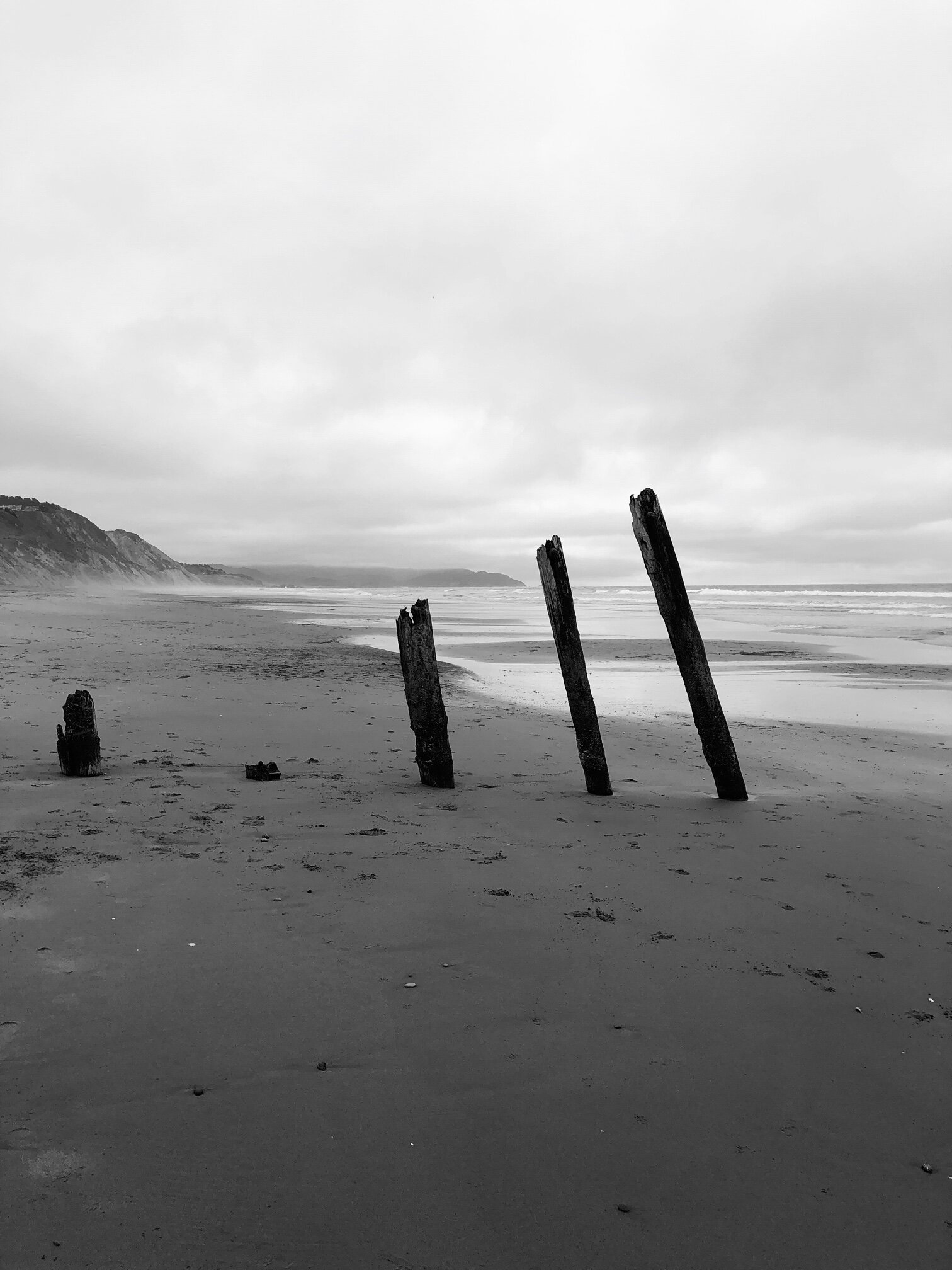Shift Time
By Jason Alexander
For the last 5 1/2 years, I micro-managed my day into minutes, not hours. I live in San Francisco, and, until a couple weeks ago, I was the Managing Partner/Restaurant and Wine Director of The Progress and State Bird Provisions.
I set my alarm for 8am. It takes 6 minutes to boil water for tea, 3 minutes to brush my teeth, 5-10 minutes to load my surf gear into the car, and 14 minutes to drive to Ocean Beach. Surfing minutes are calculated by subtracting backward from my first meeting of the day, so if I knew my first meeting was at noon, I might set my watch for 90 minutes, then give myself 12 to change out of my wetsuit and load my gear, 14 to drive home, 10 to shower, shave, and prepare to cycle to work. Door-to-door, the bike ride to work took 9 minutes (including putting my bike away and walking into the meeting).
Every day, I’d have 30-minute interviews with prospective employees, back-to-back, from noon to 1:30. Wine tastings with purveyors came in 30-minute intervals, too, from 1:30-3. If an employee needed a conversation, that would happen at 3, because opening servers arrived by 3:30, with the dining room set up and family meal ready by 4pm (during which time, the management team held its pre-service meeting). At 4:45, it was time for the all-staff pre-service meeting: a chance to review feedback from the night before, changes and areas of focus for tonight’s service, and the omnipresent reminder to expect the unexpected. Chef would geek out about one of our dishes—usually a mainstay that by now we’d taken for granted—to remind us of its layers of complexity. Then we’d go over wine, specific guests and VIPs on the night’s books, and projects for the end of the night.
“The houuuuuuuse is nooooow ooooooopen!” the Maitre d’ bellowed at 5:30, flipping open the lock on the front door. Our first seatings were at 5:30, 5:45, and 6:00, but most of those earlier reservation parties would be late—stuck in traffic, stuck in a meeting, stuck having dinner with people they don’t want to eat with in the first place. Because our staff plans on tables being full for 2 hours for 2 people, 2.5 hours for 3-4, and 3 hours for anything over 5 guests, the stress rises with every minute a party is late. Every single table is booked for the second seating. But Table 23 is late. Say you can fire X dish in Y minutes, yet as orders rush in, the time to shake a cocktail increases exponentially and dessert takes longer to plate. Table 23 made a deal with their server and said they’d be “out” at 8pm, but they’ve ordered 7 waves of food and 3 bottles of wine. All will take/deplete/use/elapse minutes in my carefully timed-out day. Still, it’s hospitality; the stress stays with us, the joy goes to the customers. That’s literally the job.
Time changed on Monday, March 16, 2020. At noon, San Francisco Mayor London Breed held a press conference; effective that evening, all six Bay Area counties were under a “Shelter in Place” order in a bid to slow the spread of Covid-19. The three-week closure Breed announced that day was later extended through May 4. We called our teams, asking anyone who could to meet at the restaurants around 5pm that night.
The tempo of it. The rapidity. The espresso-fueled, adrenaline-driven, borderline manic flow of 5 1/2 years shattered. Employees lives shattered. Our business shattered. The entire service industry shattered. I was shattered.
On March 16th, then again on the 18thand the 20th, our staff came into the restaurant to take home any of the perishable items. We removed everything we could, actually: the pans, wine, spirits, jiggers, soap dispensers, they all went. We deep-cleaned. And then, on that Friday afternoon, we said goodbye. It’s the last time we saw one another face-to-face.
The restaurants are now dark. State Bird’s windows are boarded up and hopefully not shattered. Every day sees a little more graffiti covering the front of the restaurants.
This is all so abrupt, this shift in shift-time. I continue to set my alarm for 8: tea and news. At 9, I exercise, usually surfing (Ocean Beach is among the few on the planet still allowing people to surf), maybe a run or a meandering bike ride around a changed city. Sometime later, I dive into home cleaning projects and menu “planning” so that I can limit time-consuming trips to the store. In the afternoons, I read, listen to podcasts, spin records I’d never even unsealed in the era of minute-based time. In the evenings, I walk, taking long strolls through a breathtaking spring bloom in Golden Gate Park.
Time changed. And time goes on. It always does. I see it in the park, where cherry blossoms fade slowly, dusting the ground with their white petals, and a dawn redwood’s leaves creep toward the sun just a bit more each day. The tendrils of seedlings are pushing out from their tiny pots, and birds are stirring—a hawk in the tree, ravens playing above the eucalyptus, robins searching for grubs along the freshly cut grass.
Then it’s Dinner. Backgammon. Netflix. When my days were measured in 2-minute segments, lots of details around life’s small changes had slipped by, elapsing unnoticed. The shift in time is terrifying, but not without its gifts.
I was out of the restaurant business for a decade before returning to open The Progress. The years since have been unendingly rewarding, and the concentric circles of community I’ve seen are truly inspiring. These years have also been challenging: restaurants operate on thin margins, and now there are projections that some 75% of restaurants may not survive Covid-19.
Only time will tell. It’s a cliché, but it’s also the truth. For now, count me among millions of uncertain and unemployed restaurant workers. We’re both shattered and hopeful as we count the time.

